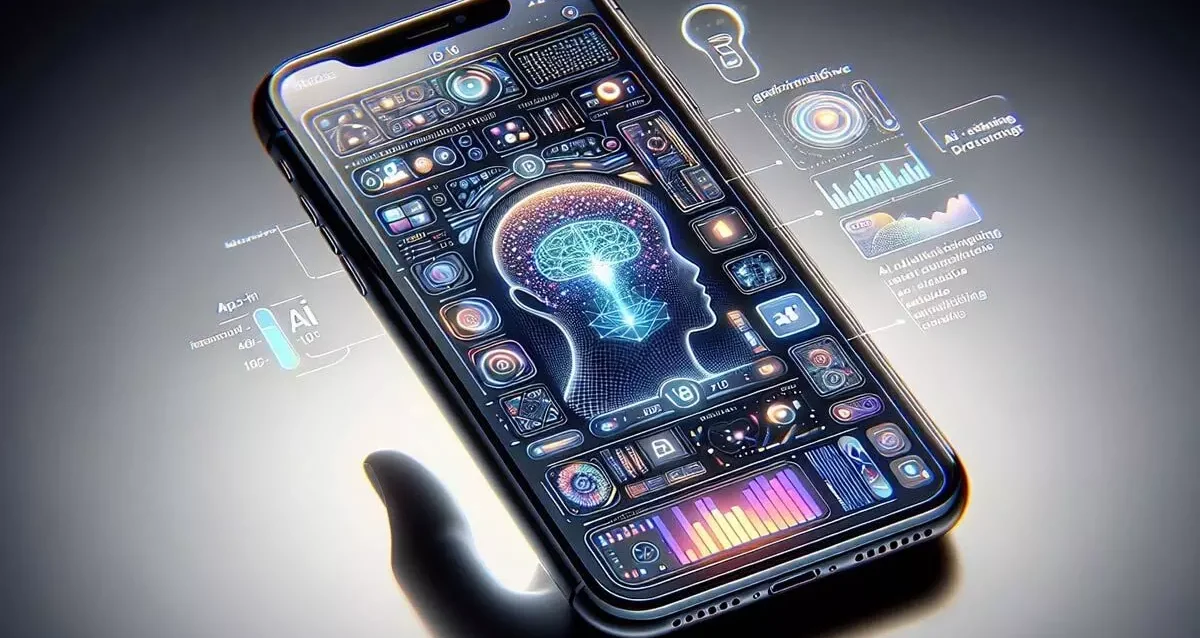Introduction
Apple has made a bold move that reshapes the future of AI in iPhones. For the first time, Apple now controls all the core chips inside the iPhone Air and the iPhone 17 lineup. With the launch of the N1 wireless chip and the C1X modem, Apple isn’t just breaking free from suppliers like Broadcom and Qualcomm — it’s designing the iPhone from the ground up with artificial intelligence at the center.
New Chips Powering AI in iPhones
- N1 Wireless Chip
Apple’s first-ever in-house iPhone wireless chip, replacing Broadcom. It now powers every iPhone 17 and the iPhone Air, giving Apple full control over wireless and Bluetooth performance. - C1X Modem
A second-generation modem debuting in the iPhone Air.- Twice as fast as the original C1.
- Uses 30% less energy than Qualcomm’s modem in the iPhone 16 Pro.
- A19 Pro SoC
Built on TSMC’s advanced 3nm process, this chip includes powerful neural accelerators designed specifically for AI workloads.
Why Apple Is Betting Big on AI in iPhones
Apple executives have been clear: the iPhone’s future is all about AI on the device itself.
Tim Millet, Apple’s VP of Platform Architecture, told CNBC:
“We are building the best on-device AI capability that anyone else has.”
This strategy ensures that iPhones can:
- Run AI features directly on the device without relying on the cloud.
- Offer faster performance for tasks like photo recognition and translation.
- Deliver better battery efficiency by optimizing chips for AI tasks.
- Protect user privacy, since data doesn’t always need to leave the iPhone.
How AI in iPhones Will Change User Experience
- Smarter Photos & Videos: AI-enhanced editing, better low-light shots, and real-time adjustments.
- Improved Siri: Faster, more accurate responses powered by on-device intelligence.
- Personalized Features: AI that adapts to how you use your iPhone, from health tracking to app suggestions.
- Seamless Connectivity: With the N1 chip, wireless experiences will be smoother and more reliable.
The Bigger Picture
Apple’s unified approach to chip design is expected to spread beyond the iPhone:
- Future Macs and iPads may also get Apple’s custom modems and networking chips.
- The next M5 chip for Mac could include similar AI accelerators, strengthening Apple’s position in the AI race.
Analysts compare Apple’s neural accelerators to NVIDIA’s tensor cores, which power the world’s most advanced AI systems — but Apple is putting them directly into your pocket.
Conclusion
By taking control of every core chip in the iPhone Air and iPhone 17 lineup, Apple has redefined AI in iPhones. This shift ensures that the iPhone is not just faster and more efficient but also ready for the coming wave of AI-driven features.
From better photos and smarter Siri to improved privacy and performance, Apple is setting the standard for AI-powered smartphones — and its competitors will have a hard time keeping up.
The iPhone Air is more than a new device; it’s Apple’s blueprint for the future of AI in iPhones.




